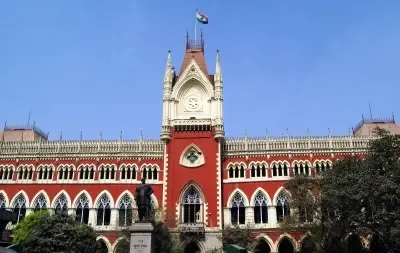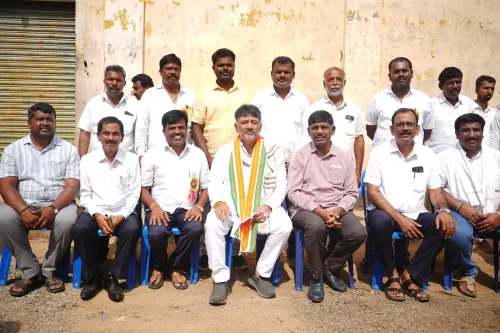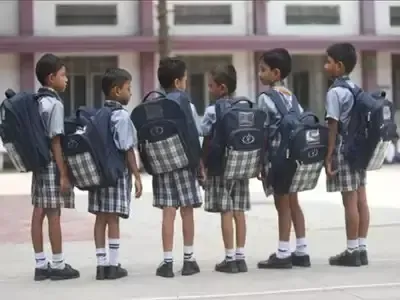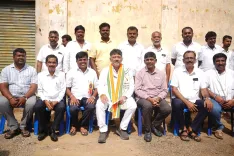Is a Daughter Entitled to Family Pension if Divorced After Her Father's Passing?

Synopsis
Key Takeaways
- The Calcutta High Court ruled that divorced daughters are not entitled to family pensions if they were dependent on their husbands.
- The ruling emphasized the importance of dependency status at the time of a parent's death.
- Previous decisions allowing pensions for divorced women were overturned.
- Financial hardships faced by divorced women were acknowledged but do not guarantee pension eligibility.
- The ruling sets a significant precedent for future pension claims by divorced daughters.
Kolkata, Nov 25 (NationPress) The Calcutta High Court has determined that a daughter who is divorced from her husband is not eligible to receive a portion of her familial pension if her divorce occurs post her father's death.
The ruling, delivered by a division bench comprising Justice Sujoy Paul and Justice Partha Sarathi Sen, was made public on Tuesday morning.
The bench expressed that if the daughter was reliant on her father up to the date of his passing, she could be entitled to the pension. However, if she was dependent on her husband at the time of her father's death, she would not qualify for the pension upon returning to her father's home after her divorce.
Additionally, the high court annulled the previous decision made by the Central Administrative Tribunal (CAT) which had permitted a pension for divorced women, supporting the government's stance to deny the petitioner this benefit.
In this case, the petitioner's father had retired from government service in 1996 and passed away in 2003. At that time, the daughter was married and sought a pension following her father's death. After her divorce in 2016, she reapplied for her father's pension due to financial difficulties.
The CAT initially approved her request, ordering the government to provide her with the pension.
However, the Centre contested this ruling in the Calcutta High Court, with lawyer Fatik Chandra Das arguing that the daughter was married at her father's death and thus not dependent on his pension. He maintained that she could not claim her father's pension for her personal needs retroactively.
In response, the daughter's lawyer, Chandreyi Alam, argued her client was experiencing financial hardship and, as a daughter, deserved her father's family pension.
The court noted that the daughter's divorce was not initiated during her father's lifetime, and since she was married at the time of his passing, she is ineligible for the pension.
In 2013, the Centre had stated that daughters would not receive family pensions if their divorces occurred after both parents' deaths. Conversely, a 2017 CAT ruling indicated that if divorce proceedings commenced while a parent was alive, the pension would be granted, provided the daughter's income fell below the pension’s monetary value.









